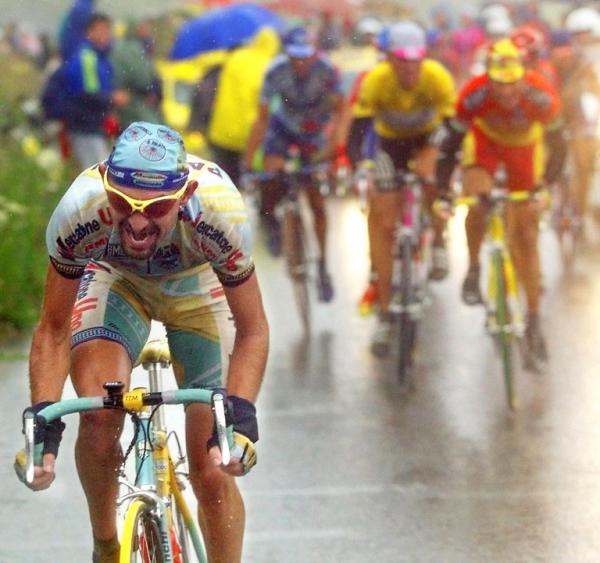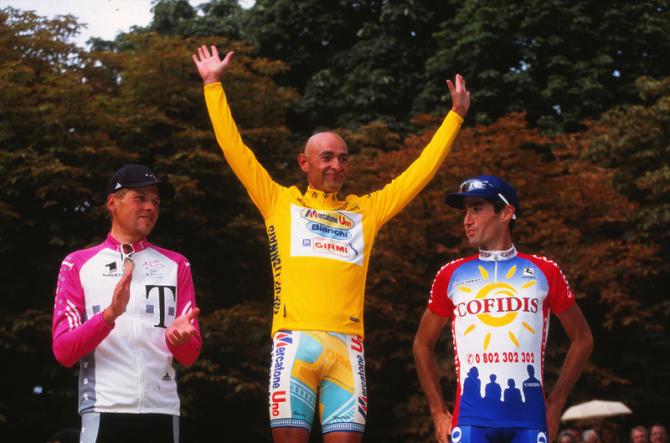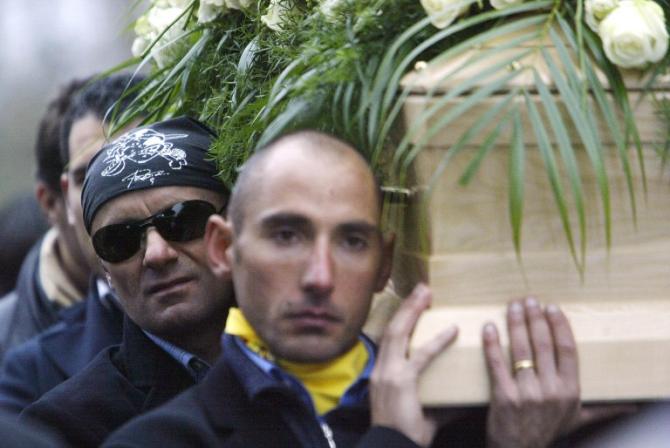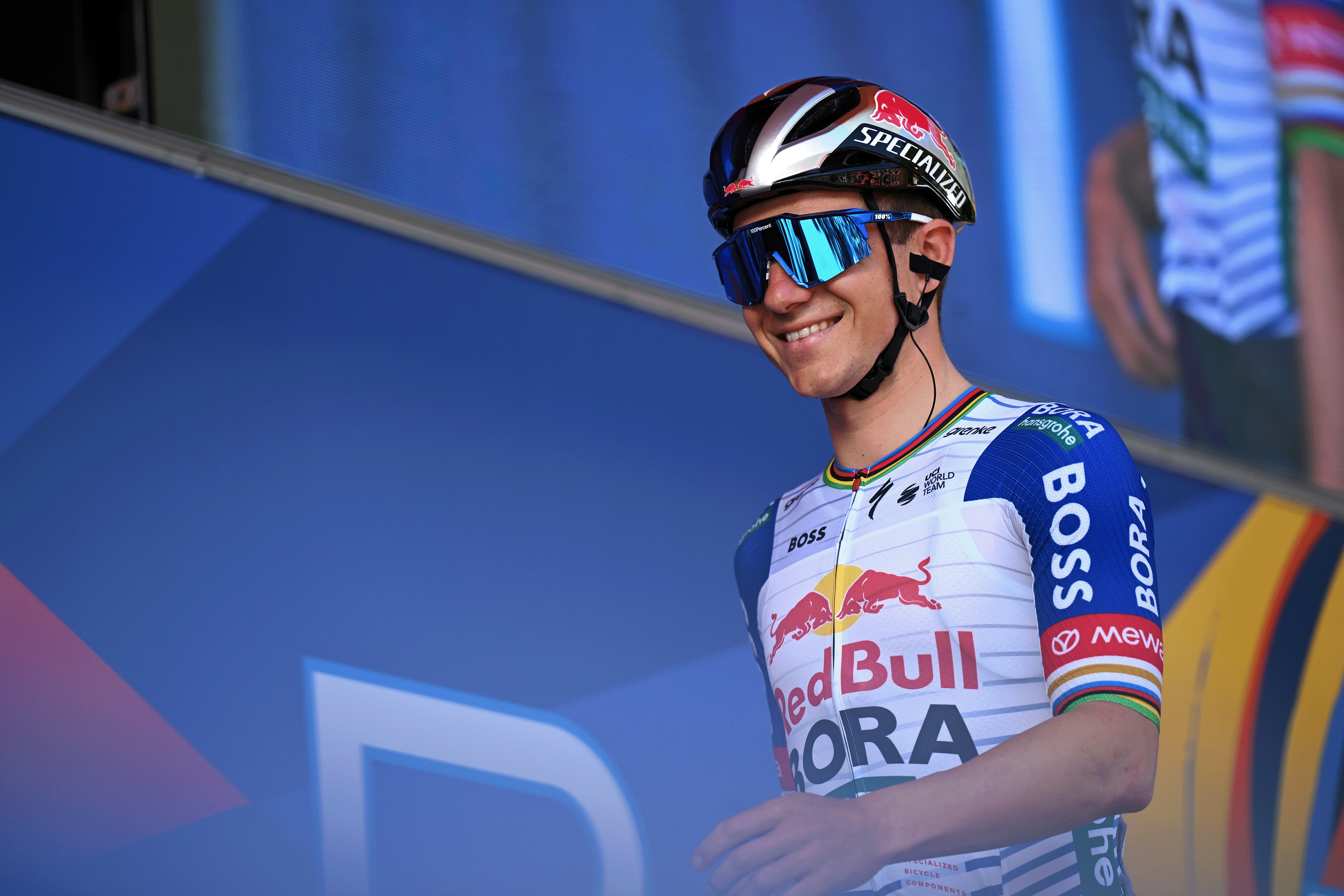Pantani's parents critical of retrospective analysis of 1998 Tour samples
French Senate report due on July 18
The latest race content, interviews, features, reviews and expert buying guides, direct to your inbox!
You are now subscribed
Your newsletter sign-up was successful



Marco Pantani’s parents have written an open letter to the UCI, the Italian Cycling Federation and Tour de France organisers ASO in response to speculation surrounding the retrospective analysis of urine samples from the 1998 Tour as part of a French Senate doping inquiry.
The French Senate Commission is set to release the results of its inquiry on July 18, and it is believed that the report will include a list of riders from the 1998 Tour who tested positive for EPO when the French Anti-Doping Agency (AFLD) re-examined the samples for research purposes in 2004. A test for EPO did not exist in 1998 and was only introduced three years later.
L’Équipe reported last week that Laurent Jalabert’s sample from the Plateau de Beille stage of the 1998 Tour showed evidence of EPO use. Speaking in Corsica at the weekend, UCI president Pat McQuaid did not rule out the possibility of posthumously stripping Pantani of his Tour win should the French Senate report name him as having tested positive at the race.
“The news leaves us stunned,” Tonina and Paolo Pantani said. “Without getting into the merits of how the samples or other evidence were stored, we are forced to draw your attention to the fact that these tests were performed after Marco’s death and this has deprived him of the most basic rights of defence, such as the request of counter-analysis or the nomination of an expert to observe it. It’s superfluous to remind you but we need to do so: only in the case of a positive B sample is it possible to speak of a positive case.”
Pantani died from a cocaine overdose in 2004 after enduring turbulent years in both his private and professional life in the wake of his exclusion from the 1999 Giro d’Italia which resulted after he recorded a haematocrit level in excess of 50% while leading on the penultimate day at Madonna di Campiglio.
“In criminal law, death terminates any existing or future proceedings against the suspect and the crime is also declared extinct,” the Pantani family said. “In sporting law, where the general principles of common law must be recalled […] the rights of defence for the accused must be absolutely guaranteed in their entirety, without the possibility of delegation.
“Therefore we dissuade you and everyone else from taking any action which might deprive Marco of the titles he won on the road, and from speaking of the issue on official grounds or with media, since speaking of a legally untenable measure could seriously affect the image of our son.”
The latest race content, interviews, features, reviews and expert buying guides, direct to your inbox!
The possibility of stripping Pantani of his Tour was also criticised by Felice Gimondi, who was the previous Italian to win La Grande Boucle, in 1965. “It’s like when they lower the speed limit from 150kph to 130 – what do we do? Hand out fines to everybody who drove at 150kph before?” Gimondi told La Repubblica.
Gimondi was critical, too, of the UCI. “They don’t have balls and they never have. They only make easy choices,” he said. “That boy might have made serious mistakes but he paid too high a price.”
In 2005, L’Équipe gained access to retrospective AFLD testing from the 1999 Tour to demonstrate that that Lance Armstrong had tested positive six times for EPO at the race, but the UCI declined to take any action against the American at the time. Armstrong was only stripped of his Tour titles in October of last year, following a USADA investigation into his US Postal Service team.

